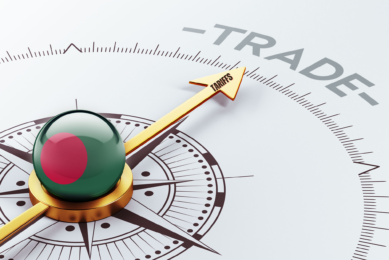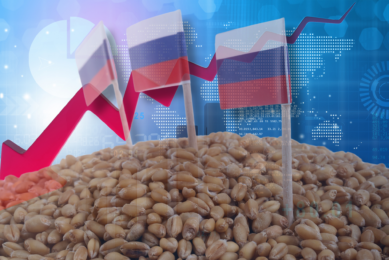Monsanto and Sinochem talk to strengthen ties
State owned Chinese chemicals conglomerate Sinochem is in advanced discussions with US-based seed company Monsanto to deepen their ties significantly, people familiar with the discussions said, an important sign of China’s growing appetite for US crops and biotechnology.
The two companies have been in talks for months, the people said. It was unclear what form an agreement might take.
Discussions have been difficult, insiders said, because of economic and political sensitivities of moving the companies closer together.
Official spokespeople from both companies declined to comment on the matter.
Gigantic market
With a market value of $40 billion, Monsanto dominates crop biotechnology, a 15-year-old market the St. Louis, Missouri based company essentially created.
Monsanto has at least one of its patented genes in about 90% of all the soybeans grown in the US and in about 80% of US corn. Farmers pay a big premium for seeds containing such genes because they equip plants to, for example, tolerate exposure to Monsanto’s popular Roundup herbicide or produce their own insecticides.
Beijing-based Sinochem has a similar role in China, where it is the nation’s largest importer and distributor of fertilizer and a large seed producer.
Begun as a state-owned enterprise in 1950, the government-owned company today has more than $50 billion in annual revenue with operations that include real estate and finance.
But Sinochem’s primary role is to help ensure food security in the world’s most populous nation, which increasingly means expanding internationally to procure supply lines and technology to feed 1.34 billion.
Increase productivity
China’s ability to grow more grain is limited. There isn’t much arable land that isn’t already under plow and the water table in some areas is falling amid heavy irrigation.
The surest way for China greatly to increase its harvests is to raise field productivity — an area ripe for improvement. Chinese corn farmers produce an average of 85 bushels an acre compared with about 158 bushels for US farmers, according to the U.S. Agriculture Department.
A big difference between US farmers and their Chinese counterparts is crop biotechnology. Outside of cotton and papaya, few of China’s crops are genetically modified.
The Chinese government is doing extensive crop-biotechnology research, but the country remains far behind the US in terms of commercialization partly because Beijing, leery of ceding control of its food supply to outsiders, has wanted to control the technology.
Monsanto has had a hybrid-corn-seed joint venture with Sinochem’s China National Seed since 2001. But Monsanto, which agreed in 2008 to pump an additional $84 million into the venture, is a minority partner.











